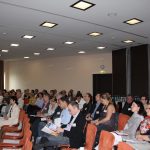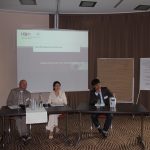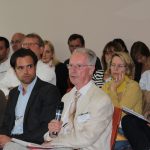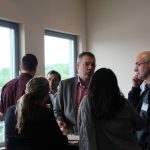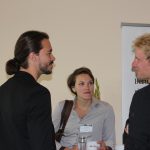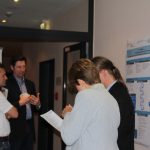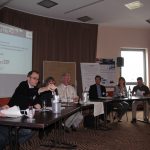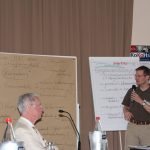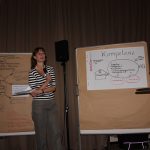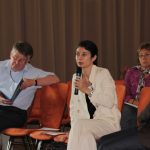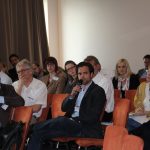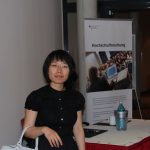The kick-off conference for the BMBF funded research program „Modeling and Measuring Competencies in Higher Education (KoKoHs)” took place in Mainz on July 5th and 6th, 2012, under the direction of the two coordinators Prof Dr Zlatkin-Troitschanskaia and Prof Dr Sigrid Blömeke. The two-day conference was seen as a great opportunity to get to know each other and to create an interdisciplinary exchange between the about 90 representatives from the 23 funded research associations.
The conference was launched with the opening addresses of the Mainz University president Prof. Dr. Georg Krausch and the DLR representative Michael Kindt. The important role of the research program with a funding volume of about 15 million Euros for higher education research became obvious. Major incentives for basic competence research are being expected.
The research-related exchange began with the speech by Prof Dr Reinhold Nickolaus (University Stuttgart) on “Challenges of Measuring Competencies in Higher Education” and the discussion round afterwards. The participants then got together in field-specific workshops (pedagogics, self-regulation, engineering, teacher training in STEM-fields, economic and social sciences).
Similiarities and differences between the implemented approaches to competencies and modeling were discussed in the workshops. The results on the gained understanding of cluster-specific competence were then summarized in a chart and presented [see the chart here].
The second conference day began with a speech by Dr Harry Neß (DIPF Frankfurt am Main) on the “expectations and chances of the German qualifications framework“. In a supplementary lecture Prof Dr Hans Anand Pant (IQB Berlin) compared “competence modeling in the DQR and school achievement research” while taking the compatibility with the KoKoHs approaches into account. In the following discussion round the implications of the DQR for modeling competencies in KoKoHs were discussed.
The workshop results from the day before were presented by a cluster representative in the final discussion round. Special attention was paid to the perspectives and implications for the KoKoHs research project. Prof Dr Hans Merkens chaired the discussion round.
The two-day program was accompanied by an exhibition of 23 project posters that particularly during the breaks offered an opportunity for an informal exchange among participants.
The coordination team would like to thank the members of the academic advisory board, especially Ms. Spiel, Mr Hornke, Mr Merkens and Mr Pant for their commitment and support as well as all speakers and participants for the vivid contributions to speeches, workshops and discussion rounds.
first day photo gallery (05/07/2012)

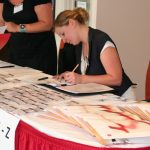
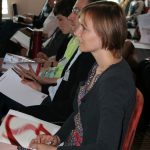
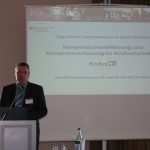
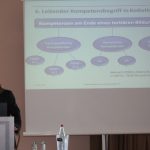

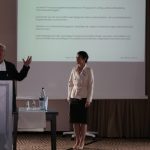
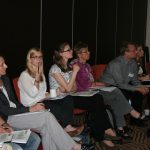
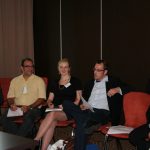
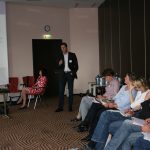


second day photo gallery (06/07/2012)
